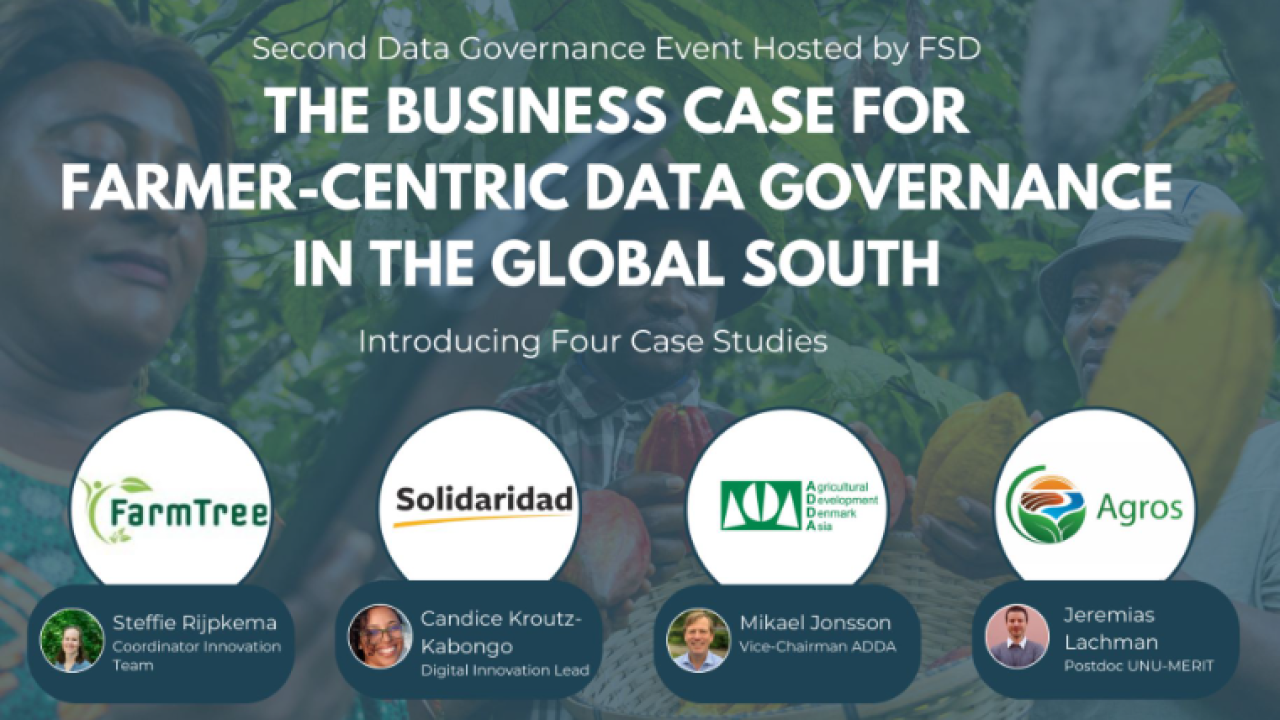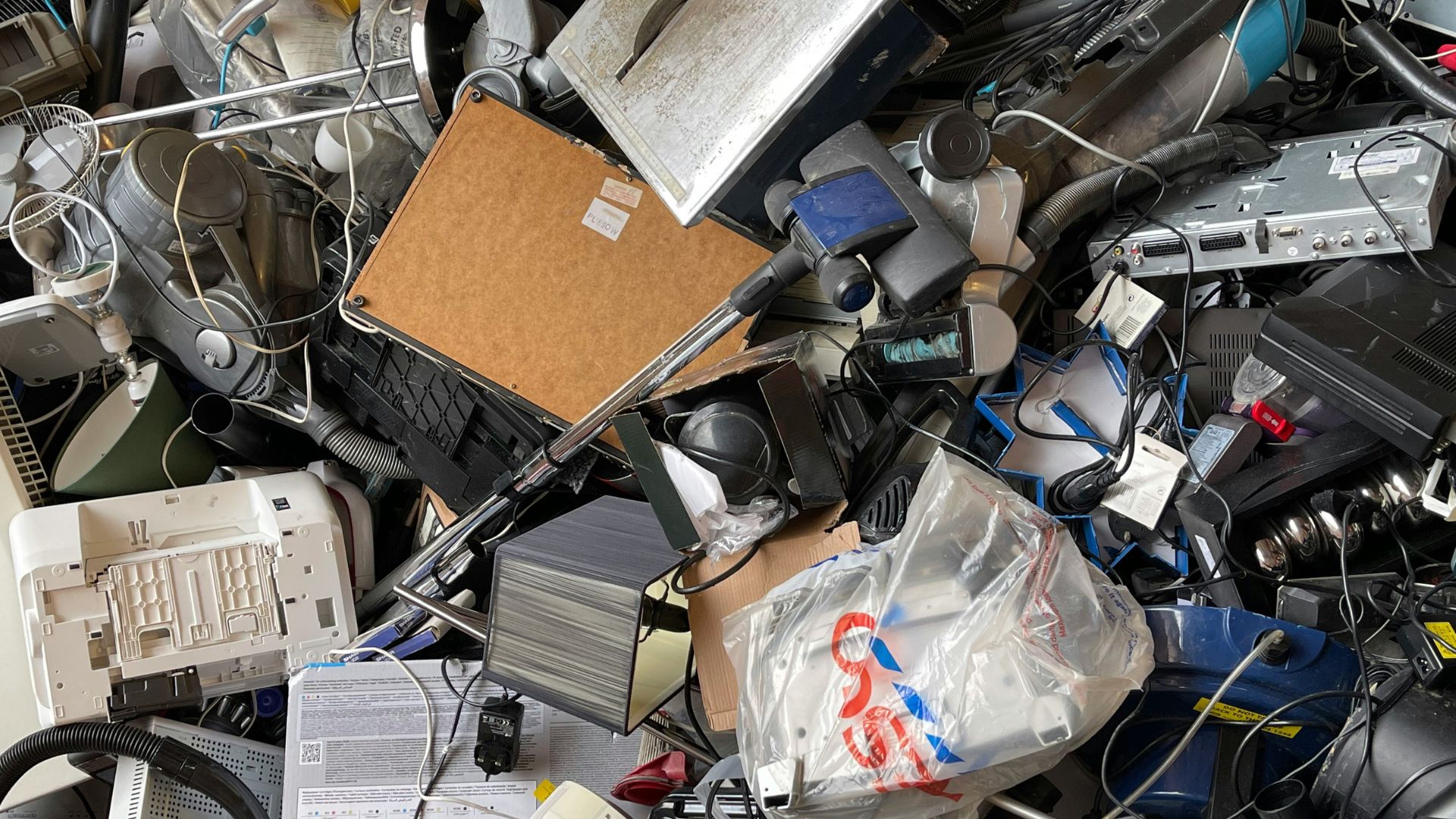Homes instead of meadows
"Incoming government to solve housing crisis by speeding up construction," Dutch newspapers headlined earlier this week. Such political ambitions can be expected of a brand-new cabinet, but unfortunately, they often fail within months if not weeks after coming into office. In order to be able to build on a truly large scale, a fundamental change is needed in the public debate about land, in the view of Maastricht University researchers Nils Kok and Piet Eichholtz.
They say lessons can be learned from the case of Zeewolde, a town created on the reclaimed land of the old Zuiderzee, where Facebook parent company Meta has been given permission to build a massive data centre on farmland. It teaches us that municipalities' views on land use must also change, according to the two scientists.
The current housing shortage in the Netherlands has several causes, but the most important is the scarcity of land designated for residential construction. If you look at all the land in this densely populated country, you will see that only 7% of its surface area is currently used for housing, 12% is used for trade and industry, infrastructure and recreation and 15% consists of nature. No less than 66% of all land in this country (that’s a whopping two-thirds!) is used for agriculture.

This distribution of land must change; we must turn more of the Netherlands into residential land. This can be done in two ways. Either you use the land that is currently used for nature. In other words: the black-tailed godwit making way for housing. Or you use agricultural land for residential construction. Homes instead of meadows.
An additional point is that there isn't much nature in the Netherlands when compared to other European countries. Which doesn’t really help. But then again, we do have a lot of agricultural land in the Netherlands, relatively speaking. We must make use of this land. And it could serve as a double-edged sword. On the one hand, we would solve the chronic shortage of housing land. On the other hand, buying out livestock farmers would also bring about a reduction of nitrate emissions.
It’s important to note here that the conversion of agricultural land must be done for the right purpose: earmarking 201 hectares of land for business parks and data centres near Zeewolde obviously doesn’t contribute to solving the housing shortage. That’s the trouble with Dutch municipalities: they are constantly issuing land for business parks and distribution centres, but are hesitant when it comes to building new homes on a large scale. All this despite the fact that the price of land designated for housing is much higher than farmland and therefore brings more money into the municipal or provincial coffers.
The idea of using agricultural land for new housing may sound frightening, but it is nothing new. The sprawling residential Leidsche Rijn district near Utrecht is a case in point. It just means that the scale and speed of converting the land will have to go up considerably.
This does not mean that all farmers should pack up and leave. In Belgium, where more than 9% of the land is designated for housing, 2% of agricultural land has been converted into residential construction land in recent years. That may seem small, but it's a huge difference. Again: at present, only 7% of the Netherlands is reserved for housing. Having 2% more would make a real difference.

If we were to copy the Belgian example, agriculture would still make up 64% of our total land. Which means that almost all of our farmers could just keep doing what they're doing – but, more importantly, the rest of Netherlands population would have affordable homes in the future.
Nils Kok
Piet Eichholtz

Also read
-
Higher air pollution increases the likelihood of people voting for opposition parties rather than ruling parties. This is the major finding of research by Nico Pestel, a scientist at the Research Centre for Education & Labour Market (ROA) at the Maastricht School of Business and Economics.
-
On the 18th of April, the Fair & Smart Data (FSD) Spearhead hosted the second event of its farmer-centric data governance event series. The event, titled “The Business Case for Farmer-centric Data Governance in the Global South,” aimed to explore the desirability, feasibility, and viability of...
-
Our lives are intertwined with smartphones, TVs, computer devices, and electronic appliances. However, the benefits they bring come at a price. Especially when consumers are encouraged to replace their devices rather than repair them.


